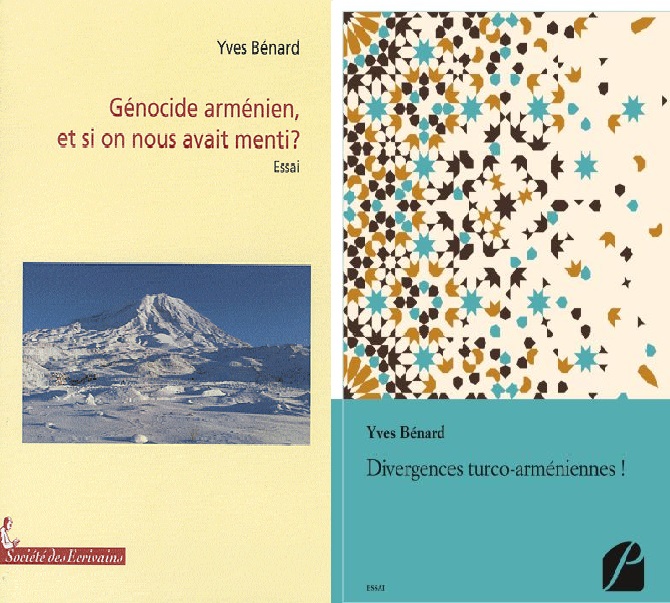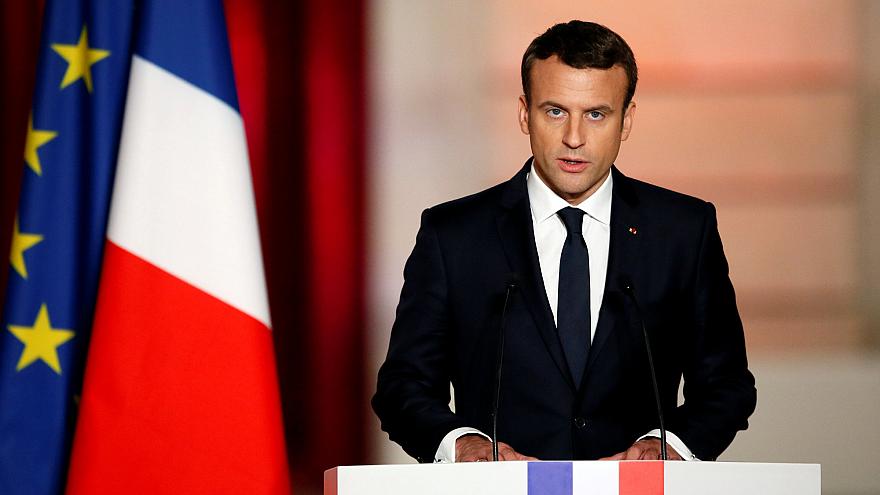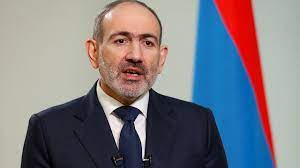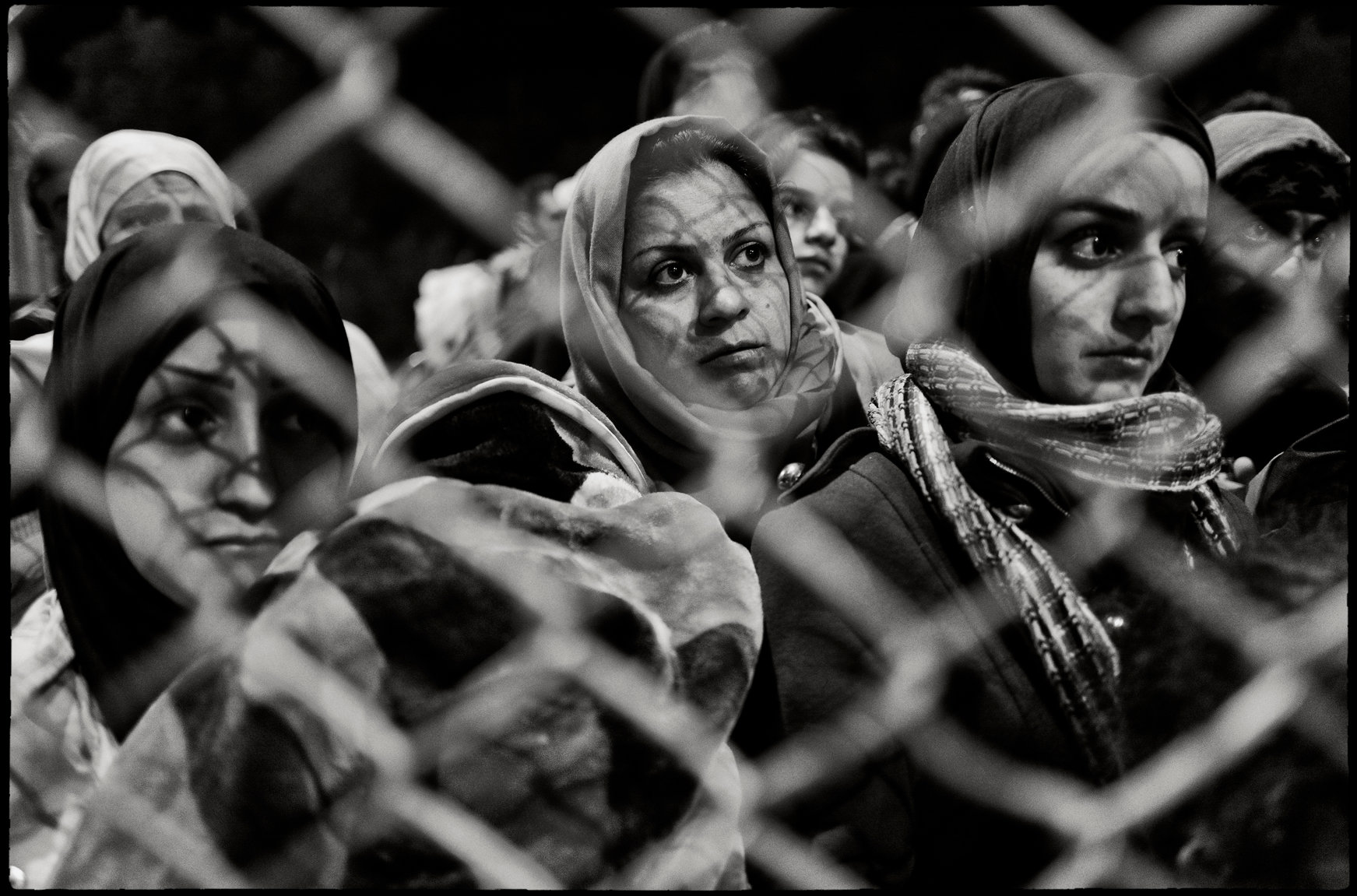In yesterday’s article, we had explained under which conditions the French National Assembly had adopted a law in 2001 which embraces the Armenian genocide allegations. Without doubt, this law has pleased the Armenian community in France. However, within a short time, the law has been found to be insufficient and requests for the adoption of a new law which foresees the punishment of individuals denying the Armenian genocide allegations has been brought forward. French Armenians have expressed that a law exists which punishes those denying the Holocaust and the same provisions should be applicable to the Armenian “genocide”. The French Government has not favored the adoption of a law which would punish those denying the Armenian genocide allegations because its relations with Turkey have been harmed due to the law of 2001 and it no longer supports Turkey’s full membership into the European Union, but has started to support privileged partnership for Turkey as a result of French public opinion opposing Turkey’s membership into the Union. On the opposite, a significant group within the UMP, the ruling party, has supported the adoption of such a law. Meanwhile, it is noteworthy to indicate that the Socialists, which is the key opposition party and which has assured the adoption of the law in 2001, is the main advocate of this new draft law aiming to “punish denial”. In conclusion, despite the government’s opposition, there has been a majority within the French National Assembly ensuring the adoption of this law. On 27 April 2006, approximately five years after the adoption of the law in 2001, the Socialist Party has submitted a motion to the National Assembly which foresees imprisonment up to five years and 45,000 Euros fine for those denying the Armenian genocide allegations. The bill has been discussed for the first time on May 18 and Foreign Minister Philippe Douste-Blazy speaking on behalf of the Government was against the bill, stating that if it is adopted, it would be seen as an unfriendly gesture by the great majority of the Turkish people and France’s position will not only weaken in Turkey, but across the entire region. Moreover, he has requested for the rejection of the bill by expressing that Turkey is a leading country for France, that many French companies do business in Turkey, and that there exists cultural, scientific and artistic relations between the two countries. Some deputies have spoken in favor of the bill, but the time allocated for its discussion has run out before a voting could take place. Around six months later on 12 October 2006, the bill has started being discussed again and this time, Minister for European Affairs Cathérine Colonna has spoken against it by expressing that since the law of 2001 already exists, there is no need for a new one. Moreover, she has stated that a short while ago, some intellectuals in Turkey have carried out a “memory exercise” concerning their past and that the adoption of the bill could harm these exercises, and that last of all, it is first and foremost for historians and not legislators to judge history. The speech of the Minister of European Affairs has failed in creating effects, just as the Foreign Minister’s speech has. 18 of the 21 speaking deputies have talked in favor of the bill and it has been adopted with 106 votes in favor and 19 votes against. Meanwhile, we should note that in Turkey, beginning with the government and including many non-governmental organizations, a kind of mobilization has been declared for the prevention of the bill and great efforts has been deployed for this purpose. Moreover, the Turkish Ambassador to Paris has been recalled to Ankara and there have been some demonstrations in Turkey and France. It is interesting that a group calling themselves “liberal intellectuals” and supporting Armenians’ allegations without any reservations has also opposed the bill. The reason for this could be that once the draft becomes a law in France; in other words, when the freedom of expression in that country regarding the Armenian genocide allegations is restricted, there could be a possibility that a restriction could be applied to the same matter in Turkey. For the bill to pass into law, it must also be ratified by the Senate. Although more than four years has passed, the Senate has not put this bill on their agenda, while the French Government has not asked for it to be brought on the agenda either. There are two reasons for this. The first is that when France is opposing Turkey’s membership into the European Union, it has not wanted to completely bring relations between the two countries to a deadlock because of the genocide allegations which has no current significance. The second reason is that there are other laws being adopted in France in recent years regarding some historical events, French historians fiercely object to these and even want their annulment, and they have the support of public opinion on this issue. In conclusion, although the discussion by the Senate of the 2006 bill, in principle, exists, its chance to be adopted is quite low.
© 2009-2025 Center for Eurasian Studies (AVİM) All Rights Reserved
 AN OBJECTION FROM FRANCE: YVES BENARD
AN OBJECTION FROM FRANCE: YVES BENARD
 FRANCE DECLARES APRIL 24 COMMEMORATION DAY OF SO-CALLED ARMENIAN GENOCIDE
FRANCE DECLARES APRIL 24 COMMEMORATION DAY OF SO-CALLED ARMENIAN GENOCIDE
 DEVELOPMENTS IN POST-2020 KARABAKH WAR ARMENIA AND THEIR IMPLICATIONS - IV: IS PASHINYAN COMING TO THE END OF HIS POLITICAL LIFE?
DEVELOPMENTS IN POST-2020 KARABAKH WAR ARMENIA AND THEIR IMPLICATIONS - IV: IS PASHINYAN COMING TO THE END OF HIS POLITICAL LIFE?
 EUROPE’S LIMITS AND ITS LIMITLESS SILENCE
EUROPE’S LIMITS AND ITS LIMITLESS SILENCE




























